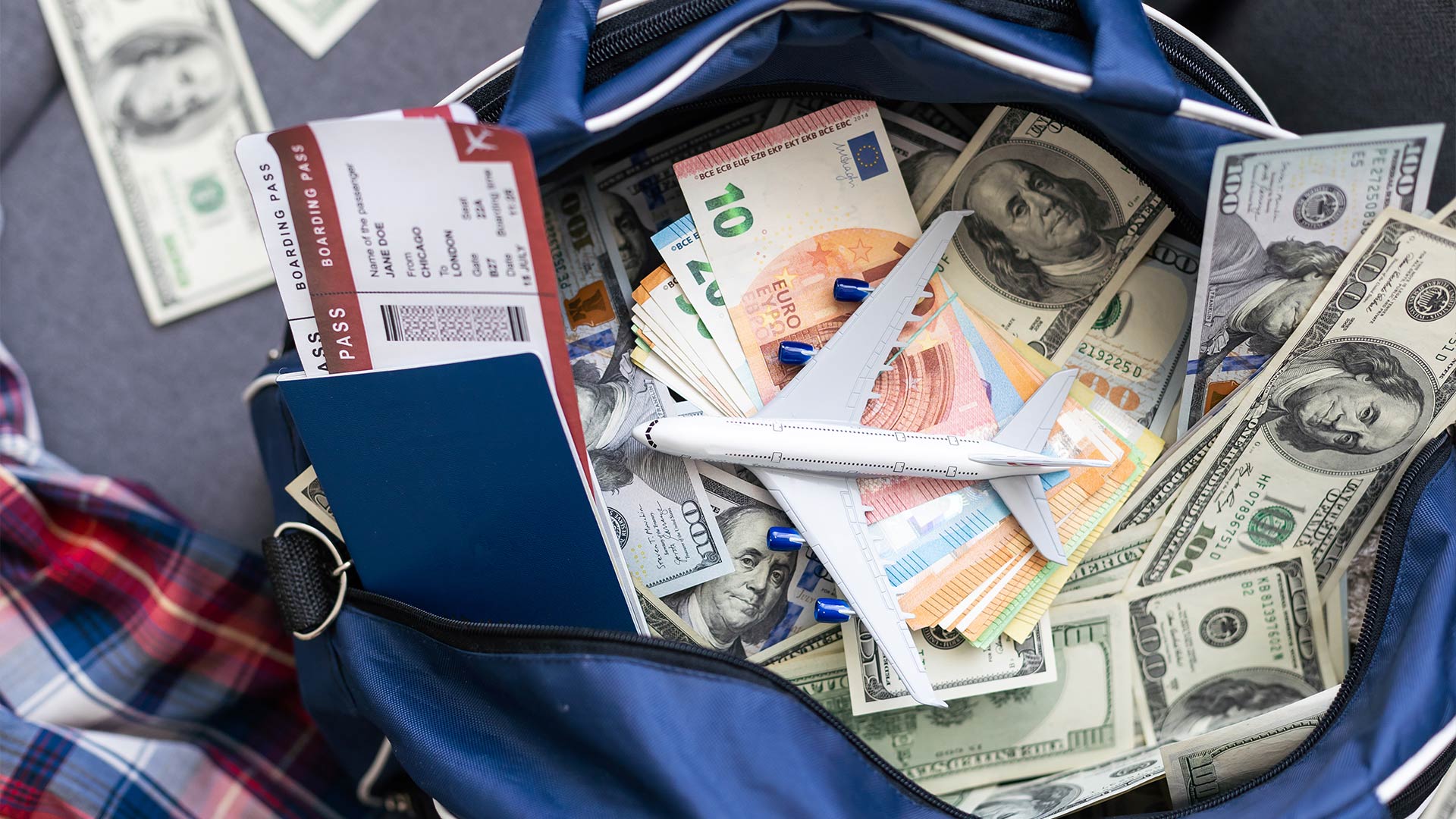Best Travel Credit Cards for Global Trips: No FX Fees & Cashback Perks
When traveling internationally, the right travel credit card can save you hundreds of dollars. From zero foreign transaction fees to cashback on purchases abroad, a well-chosen card is an essential tool for the modern traveler.
This guide breaks down the best travel credit cards available for global travelers, focusing on no foreign exchange (FX) fees, cashback rewards, travel perks, and cardholder protections.
💳 What to Look for in a Travel Credit Card
Before diving into specific cards, understand the key features that make a card travel-friendly:
1. No Foreign Transaction Fees
Many traditional credit cards charge 2%–3% on every purchase made in a foreign currency. Travel cards waive this, saving you money on every swipe.2. Global Acceptance
Choose a card on a widely accepted network (Visa or Mastercard). American Express and Discover may be limited in some countries.3. Cashback or Points on Travel Purchases
Some cards offer higher rewards for travel-related categories—flights, hotels, dining, etc.4. Travel Insurance & Protection
Premium travel cards often include trip cancellation insurance, rental car coverage, lost luggage reimbursement, and emergency assistance.5. Airport Lounge Access
High-end cards may offer access to global lounge networks such as Priority Pass.🔝 Top Travel Credit Cards for International Use (2025)
Note: Features vary slightly by country and issuing bank. Always check with your provider for current terms.
1. Chase Sapphire Preferred® Card (USA)
- FX Fees: None
- Rewards: 2x points on travel & dining, 1x on all other purchases
- Sign-Up Bonus: 60,000 points (after spending $4,000 in 3 months)
- Annual Fee: $95
- Travel Perks: Trip cancellation/interruption insurance, no blackout dates
- Why It’s Great: Excellent for flexible travel rewards via Chase Ultimate Rewards.
2. Capital One Venture Rewards Credit Card
- FX Fees: None
- Rewards: 2x miles on every purchase
- Sign-Up Bonus: 75,000 miles (after spending $4,000 in 3 months)
- Annual Fee: $95
- Travel Perks: Global Entry/TSA PreCheck fee credit
- Why It’s Great: Flat-rate rewards with no categories to track.
3. American Express® Gold Card
- FX Fees: None (only on the international version; US version still charges)
- Rewards: 4x on dining, 3x on flights, 1x elsewhere
- Annual Fee: $250
- Perks: Travel insurance, access to AmEx travel portal
- Why It’s Great: Best for frequent flyers and food lovers.
4. Revolut Metal / Premium (UK/EU)
- FX Fees: None up to monthly limits
- Rewards: Cashback (1% outside Europe)
- Subscription Fee: From £6.99 to £12.99/month
- Perks: Travel insurance, lounge access, instant currency exchange
- Why It’s Great: All-in-one travel and budgeting app with competitive exchange rates.
5. Scotiabank Passport® Visa Infinite (Canada)
- FX Fees: None
- Rewards: 2x Scotia Rewards points on travel
- Annual Fee: CAD $150
- Perks: Six free Priority Pass lounge visits per year
- Why It’s Great: One of the few Canadian cards with no FX fees and strong perks.
6. HSBC Premier World Elite Mastercard® (Global)
- FX Fees: None
- Rewards: 3x points on travel, 2x on dining
- Annual Fee: Varies (free for Premier customers)
- Perks: Travel insurance, airport lounge access
- Why It’s Great: Excellent for frequent international travelers with HSBC accounts.
🧾 Why Avoid Foreign Transaction Fees?
Let’s say you spend $3,000 abroad in foreign currency on a card with 3% FX fees. That’s $90 in fees—for nothing more than using your own card. Multiply that by multiple trips, and it adds up quickly.
Cards with no FX fees eliminate this charge, making them ideal for purchases abroad, online shopping on international sites, or hotel bookings in local currencies.
💡 Travel Perks That Make a Difference
Most top travel credit cards include extra benefits that enhance the travel experience:
💬 Common Mistakes Travelers Make
- Using cards with FX fees: This can cost you $100+ over a 2-week trip.
- Forgetting to notify your bank: May result in blocked transactions overseas.
- Relying only on cash: Cards often give better exchange rates and tracking.
- Not checking PIN requirements: Some regions (e.g., Europe) require chip-and-PIN rather than just chip-and-signature cards.
✅ Final Recommendations
📌 Summary: What to Do Before Traveling
- Apply for a no-FX fee travel card at least 1–2 months before departure.
- Enable international transactions and set travel alerts.
- Carry a backup card in case one is lost or declined.
- Download your card’s app to track spending and freeze if necessary.
- Combine cards with ATM access and cashback/points for maximum benefit.
Using the right travel credit card isn’t just about rewards—it’s about avoiding unnecessary costs, ensuring security, and getting more from every dollar spent abroad. Choose wisely, and your next trip will be smoother, cheaper, and more rewarding.


